The world’s highest mountains hold vital climate change lessons
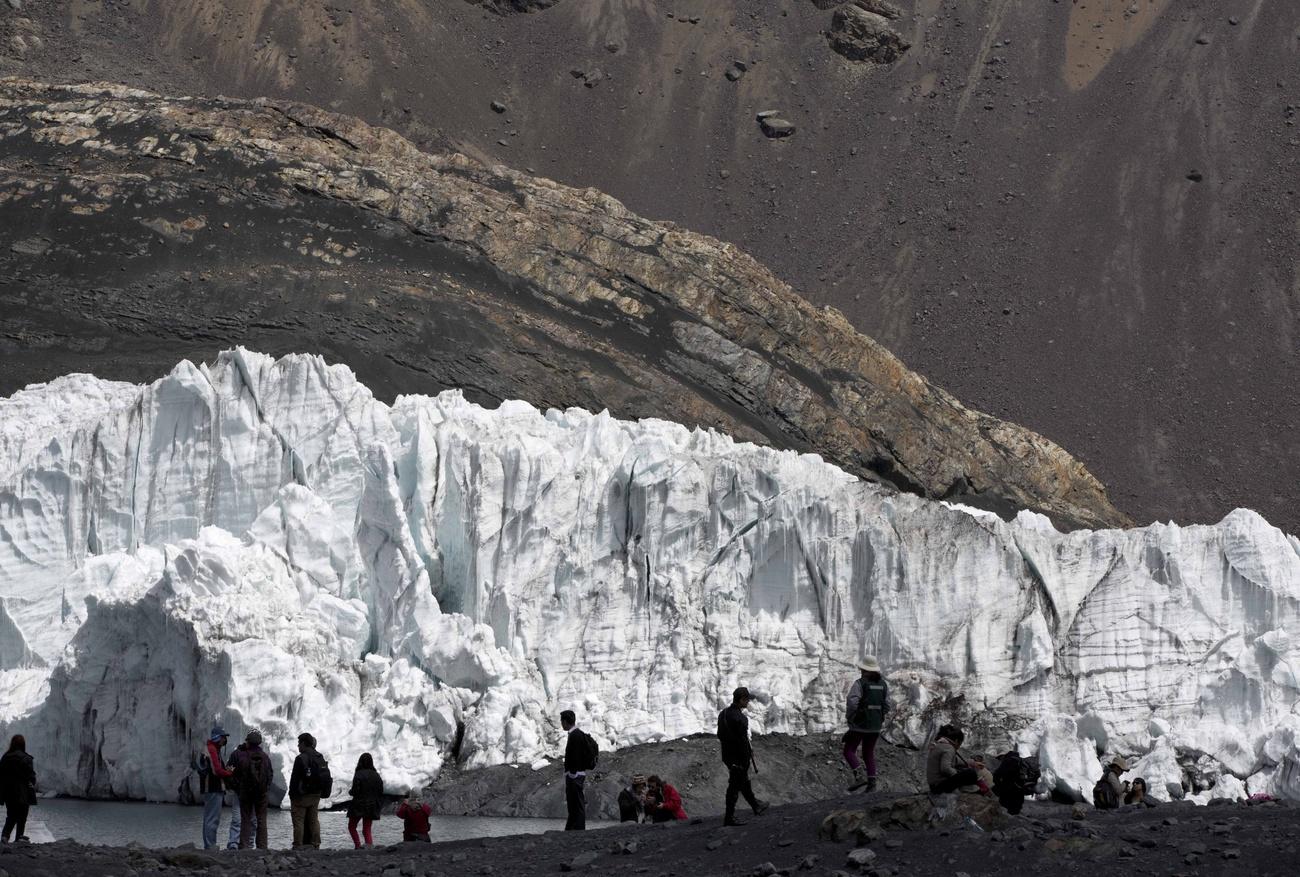
Swiss glaciologist Christian Huggel talks to swissinfo.ch about the effects of the climate crisis on high mountain regions, lessons learned between affected countries and the physical and existential impacts of melting glaciers on locals.
The University of Zurich professorExternal link was one of 200 scientists, government officials and practitioners in Geneva this week for the “High Mountain Summit”External link at the World Meteorological Organization (WMO),External link which aimed to push high-mountain region concerns up the agenda of the UN system.
swissinfo.ch: You warn that globally we could “lose the cryosphere” – the Earth’s snow and ice – this century, or at least 50% of all glaciers based on a low CO2 emissions scenario. What are the main potential consequences for Switzerland?
Christian Huggel: The water issue is central. Up to now Switzerland has always had enough water. It was never really a big issue in the past. But now things are changing – sometimes slowly, sometimes abruptly – due to longer heatwaves and droughts, such as last year.
Glaciers and snow are important resources for us. We have groundwater but that can get depleted. Last year, rivers and streams not connected to the high mountains were basically running dry.
The problem is that in many parts of Switzerland we don’t have clear numbers about how much water we really consume and use, for example, how much water is used in agriculture. In the past we had enough, so there was no urgency to be more precise about what we need and spend.
This is quite amazing, and some politicians are getting quite worried about it.
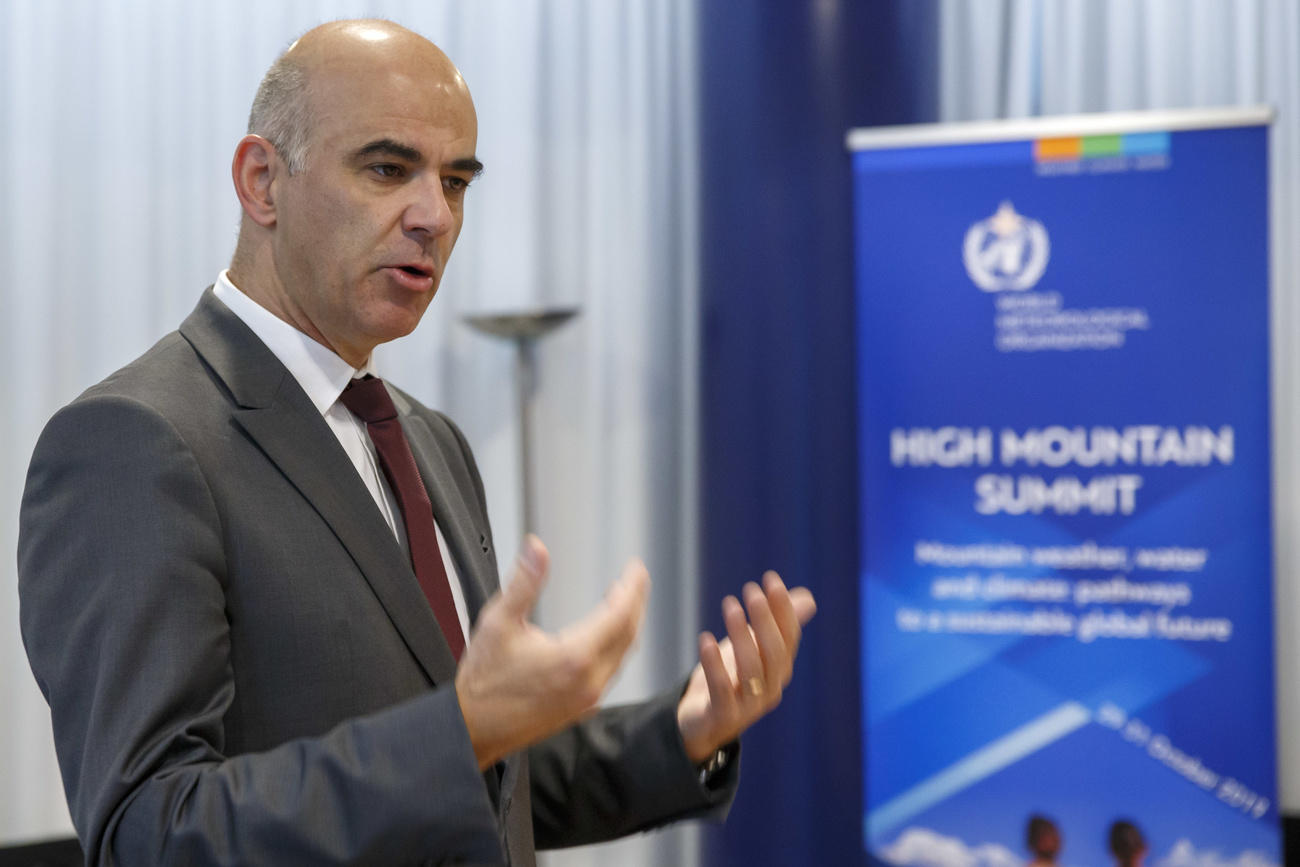
More
Swiss minister sounds climate alarm over high mountain regions
swissinfo.ch: To what extent can high-mountain regions learn from each other when it comes to the impact of climate change and adaptation measures?
C.H.: Central Asia is an important area in terms of cryosphere change and water resources. The Himalayas are slightly different as they are bigger, higher and the downstream rivers do not depend on high mountains so much. But there are several regions we can learn from, where the transition is already further advanced than in Switzerland.
In the Andes, for example, we have been working on water projectsExternal link [studying glacier retreat], supported by the Swiss Agency for Development and Cooperation (SDC), to address the challenges of reducing water resources against increasing demand. This is interesting for Switzerland as the Andes is sort of our future. They have long dry periods from May to September but have less adaptive capacities than Switzerland, their water resource management is not optimal, and their governance is often poor. This may be a more extreme situation, but it is something we can learn from.
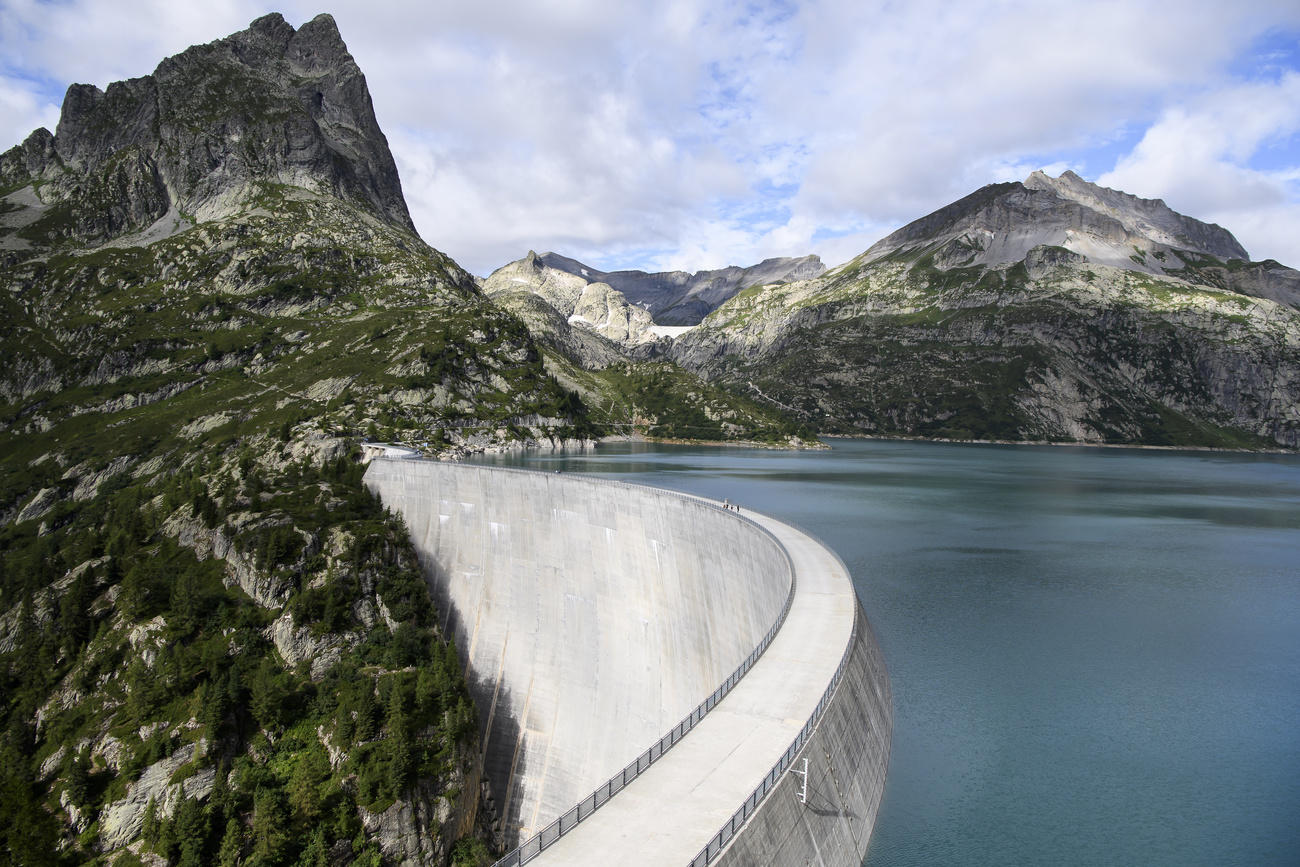
More
Shrinking glaciers to make room for power generation
swissinfo.ch: What are the main lessons of the SDC Glaciares project in PeruExternal link?
C.H.: We made huge efforts in terms of capacity building, working together with local institutions and strengthening new ones to engage more and get involved in international networks. We also produced a huge amount of data and information that is being shared. We were the first to design and implement early warning systems for glacial lake outburst floods (GLOFs) in the region.
It’s quite a model project. It’s nice to see the international community in Peru now taking the direction we paved.
swissinfo.ch: What other important Swiss-funded high-mountain research is underway in other parts of the world?
C.H.: There’s the SDC-WMO “Climandes” projectExternal link between the Swiss and Peruvian weather services to develop agricultural services, which is an interesting experience.
The SDC also has projects in central Asia – covering Kirghizstan, Tajikistan and Kazakhstan – on cryosphere monitoring and capacity-building, together with the University of Fribourg.
In central Asia we are developing a project on GLOFs, where we are bringing our knowledge from Switzerland and the Andes to the context of central Asia.
Early-warning systems can only be successful in the socio-political context. You need to do a lot of work on the ground.
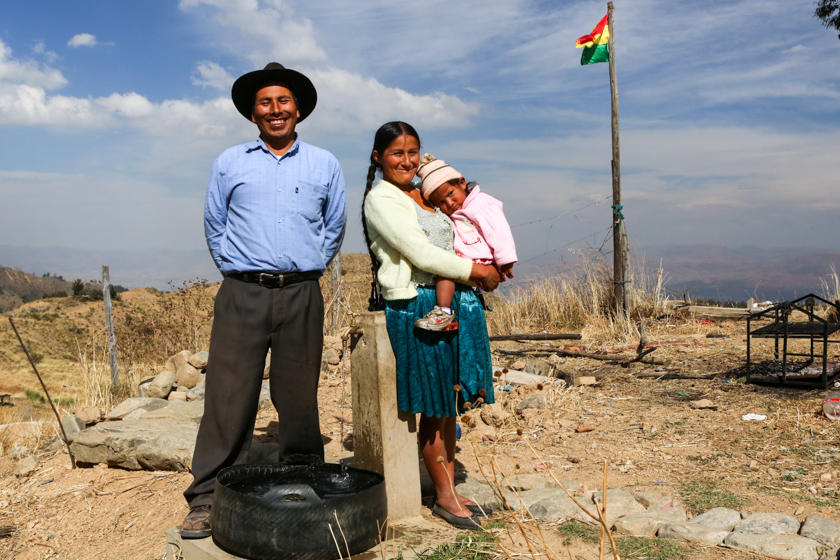
More
‘We need water!’
swissinfo.ch:How far do you need to account for sociocultural aspects when trying to export adaptation solutions to other high-mountain regions?
C.H.: This is very important. You need to work closely with cultural anthropologists, especially when working with local and indigenous mountain communities who may be very attached to their mountains and glaciers.
In some countries, locals see mountains and glaciers as sacred places. Often, they don’t like strangers going up to their glaciers. It’s also an existential thing for them: they see glaciers retreating and say when glaciers have gone, they will also have gone.
I’ve seen this mostly in the Andes, but it’s also strong in the Himalayas. And in Switzerland too; we shouldn’t underestimate people’s strong relationships to glaciers and the mountains.
Personally, I feel very sorry about how the glaciers are getting smaller each year. It’s painful for me. With climate change we really need to discuss in more depth about the future losses and how people feel about them and learn from other societies.
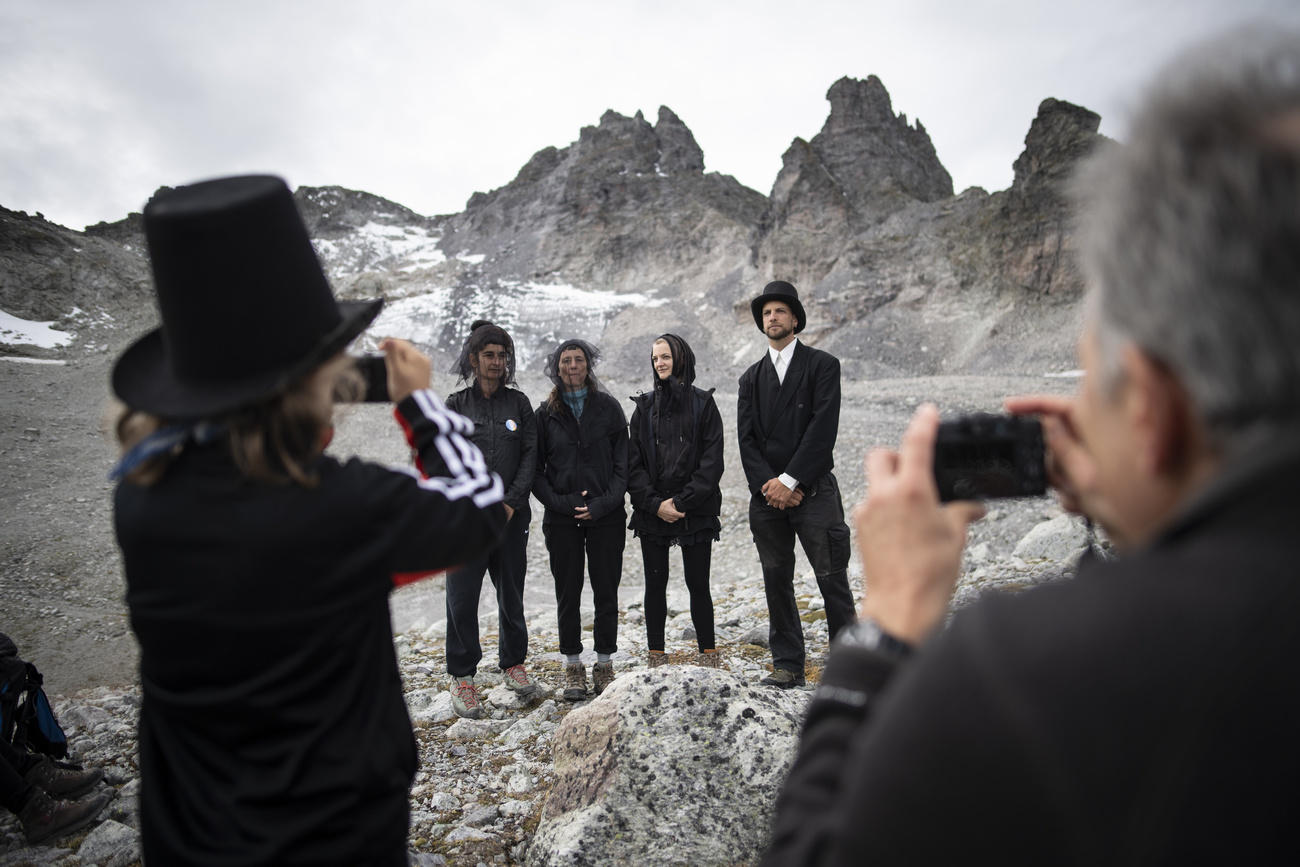
More
Vanishing Swiss glacier gets its own funeral procession

In compliance with the JTI standards
More: SWI swissinfo.ch certified by the Journalism Trust Initiative









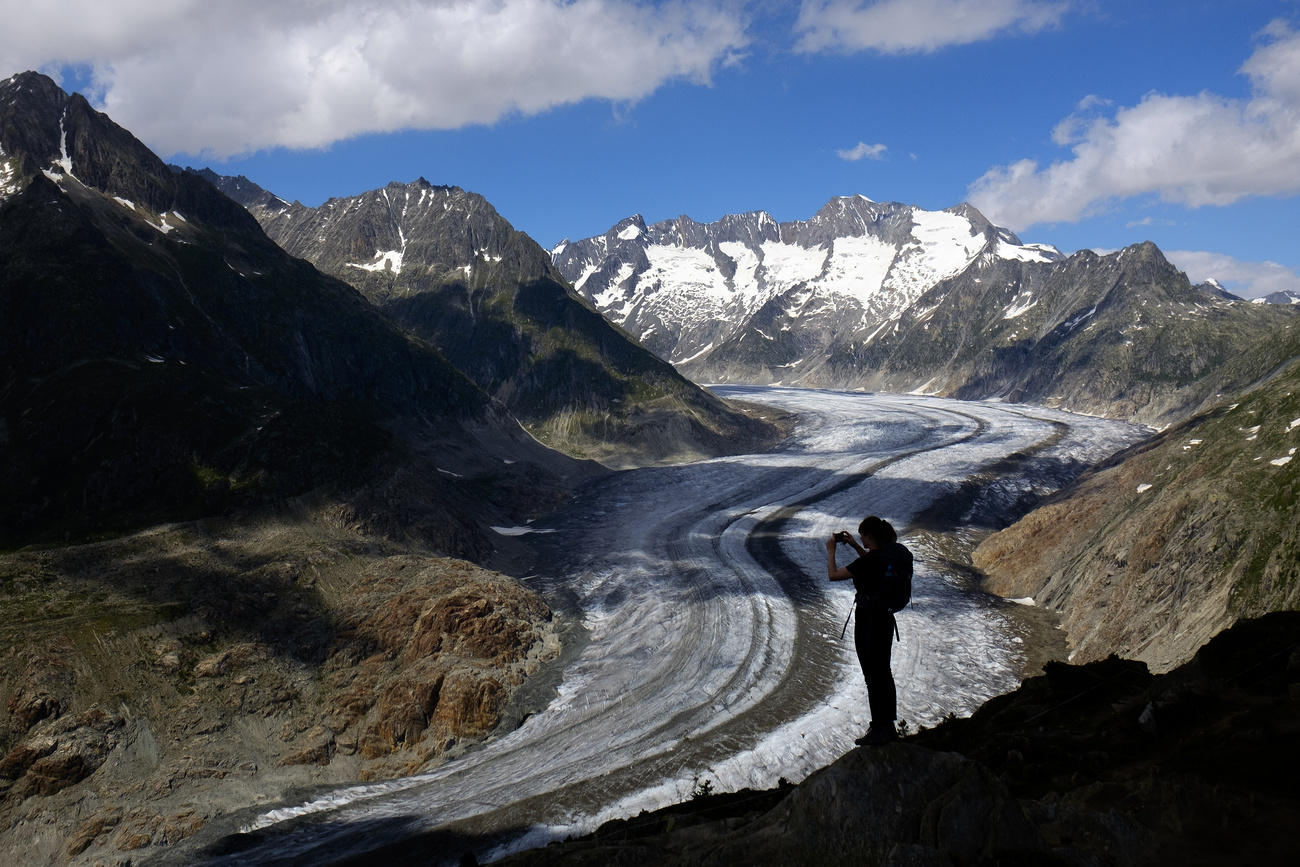
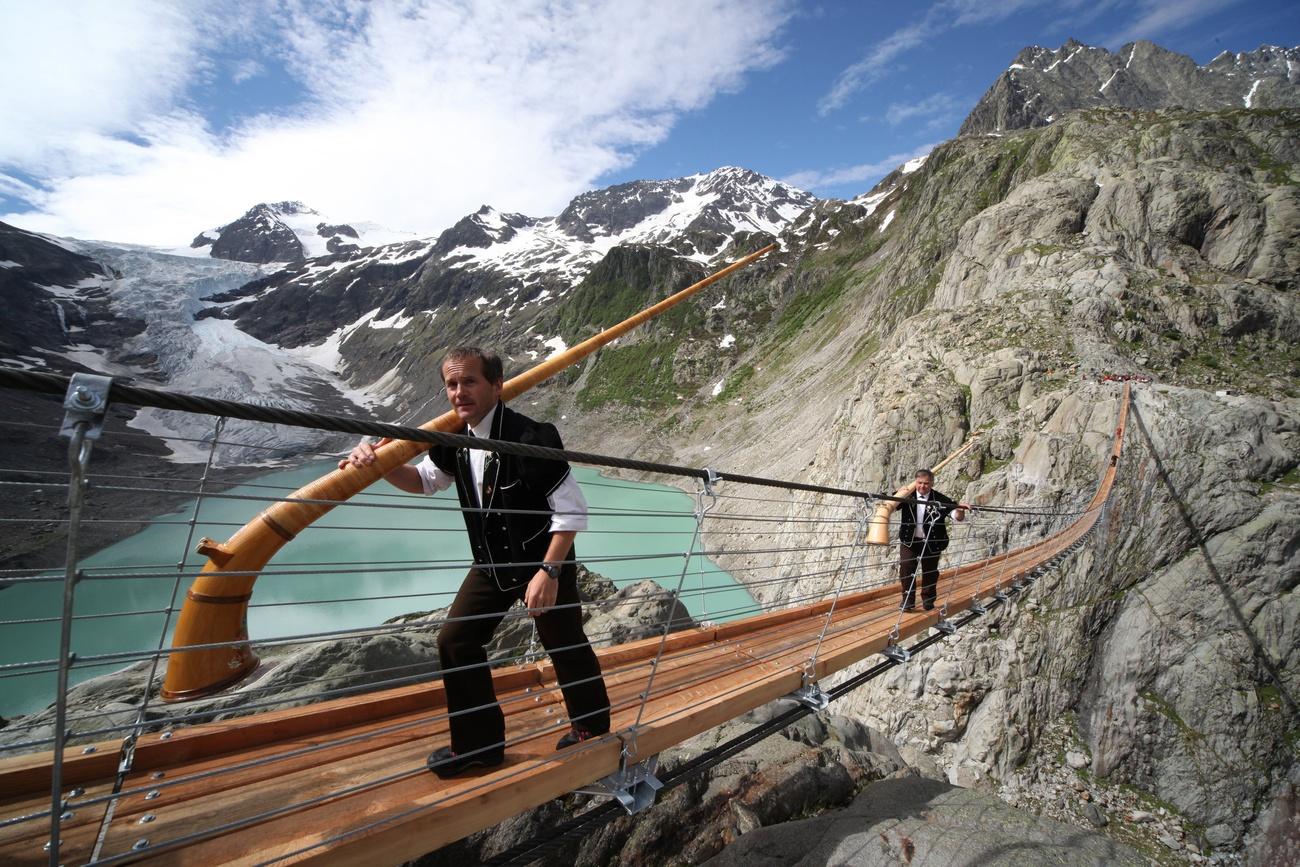
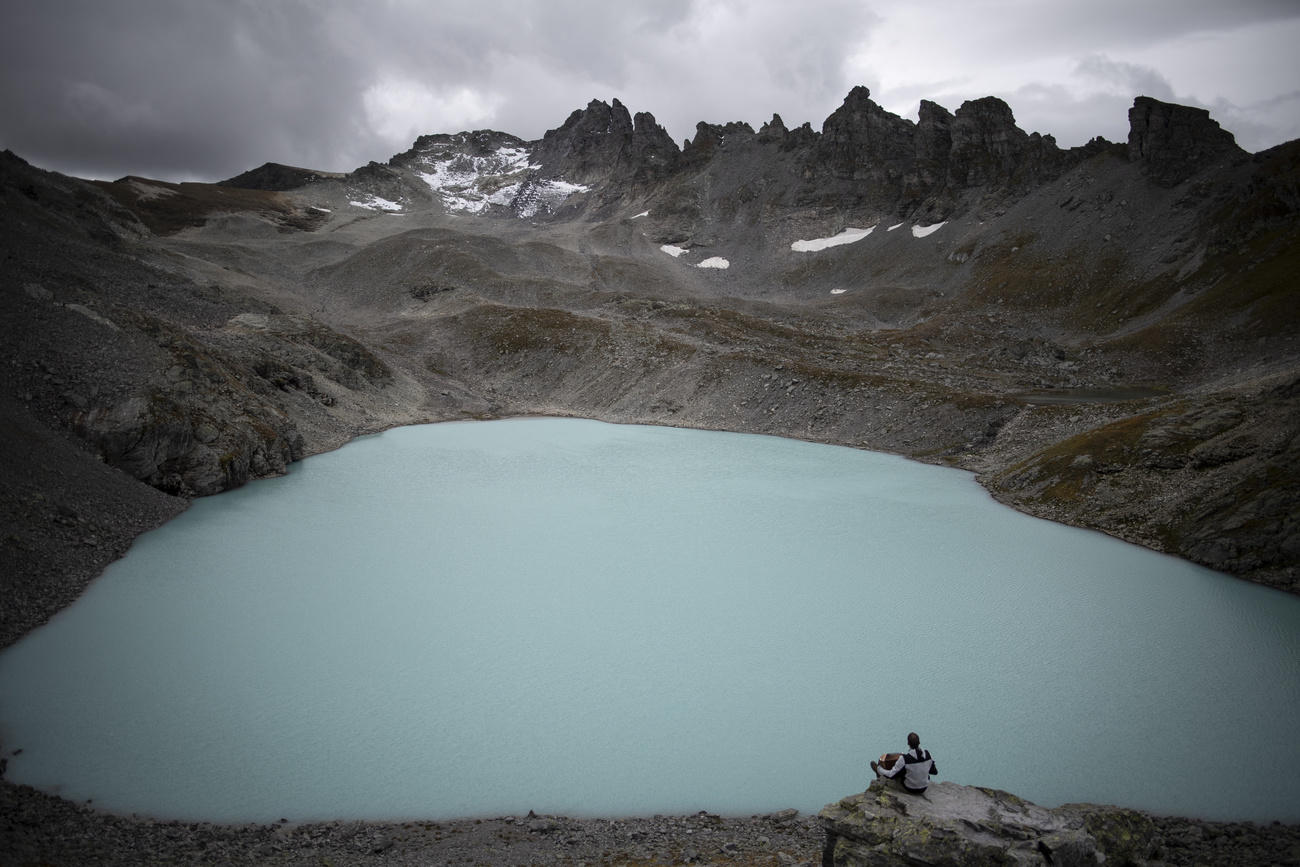
You can find an overview of ongoing debates with our journalists here . Please join us!
If you want to start a conversation about a topic raised in this article or want to report factual errors, email us at english@swissinfo.ch.